![The Story of a Life [Volumes 1–3] The Story of a Life [Volumes 1–3]](https://www.rulit.me/data/programs/images/the-story-of-a-life-volumes-1-3_733822.jpg)
Аннотация
A labor of love by a greatly talented, highly professional wordsmith who, surviving much and seeing much during "interesting times," wished to recapture his past, beginning with his childhood (when Tolstoi and Chekhov yet lived) to the early years of the civil war in 20c Russia. As a writer he brilliantly paints the primordial lanscapes of Russia and the Ukraine, and the offerings of Kiev before the Fall. As a writer he excels in vivid, brief portraiture worthy of his great masters, Gogol and Dickens and Dumas. Yes, the recapitulations are often romantic, but they are wonderfully drawn. This is not the aristocratic introspections of Biely's St Petersburg or the leisurely, extended portraitures of Proust's sexually panicked world or the desperate wit (between the tears) of the exiled Nabokov. Paust. stands completely outside 20c western and middle European literature; his acknowledged masters are Chekhov, Turgenev, Stendhal, Maupassant. (It were interesting to contrast Paus.'s work with the classic tradition in American literature--that is, with the grim adumbrations of Hawthorne, Melville, Twain, Eliot, P Roth, O'Hara, Frost, Faulkner, Cheever.) An excellent translation--easy, clear, supple. This is not a point of view available to us who grew up in the '50s and '60s. By the way, the last quarter of the book now seems prophetic in its depiction of the greed and chaos and ugly tribalism that befell the Russia of the czars in the face of revolution. All now is as foretold then. The writer as prophet! In this regard, read Joseph Conrad's political essays on Russia written before the Great War. He too had foreseen a devolution to Hobbes's state of nature (not Rousseau's)--a dilemma of such times: first comes anarchy, then tyranny. Hobbes's Leviathan would appear in the guise of an ex-seminarian from Georgia. The final chapters in Kiev and Odessa, in their evocative precision and brilliance, offer visuals worthy of Eisenstein and Griffith (the latter the acknowledged master for the former) and Bruegel; and, in the achieved horror of mere language, of Dante and N West and Isaac Babel as he lay coughing in Grandma's apartment in Odessa.
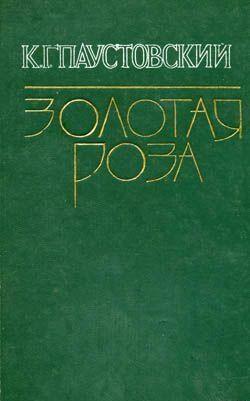
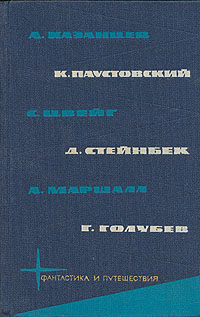
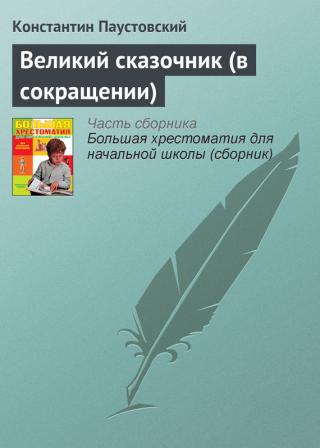
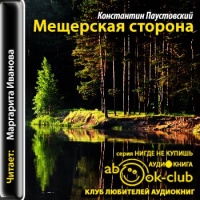

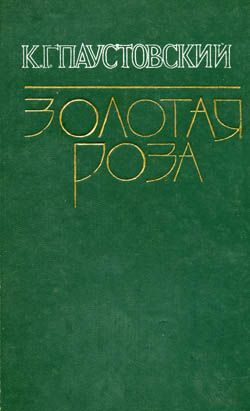
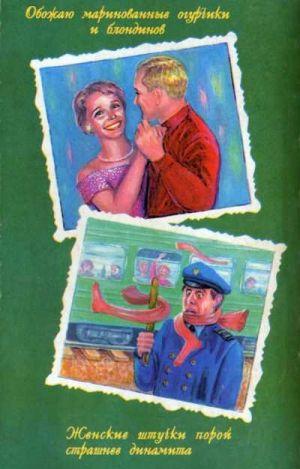
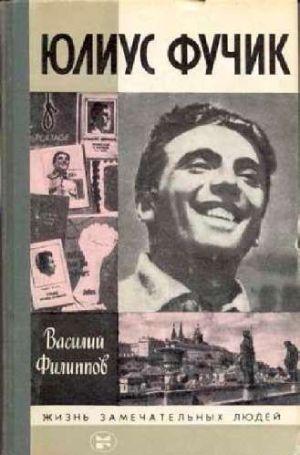
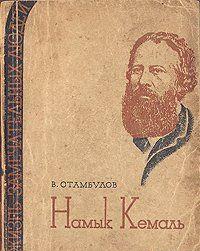

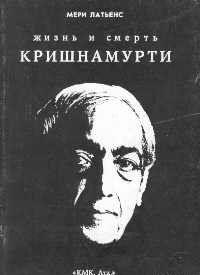
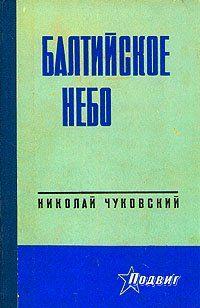

Комментарии к книге "The Story of a Life [Volumes 1–3]"